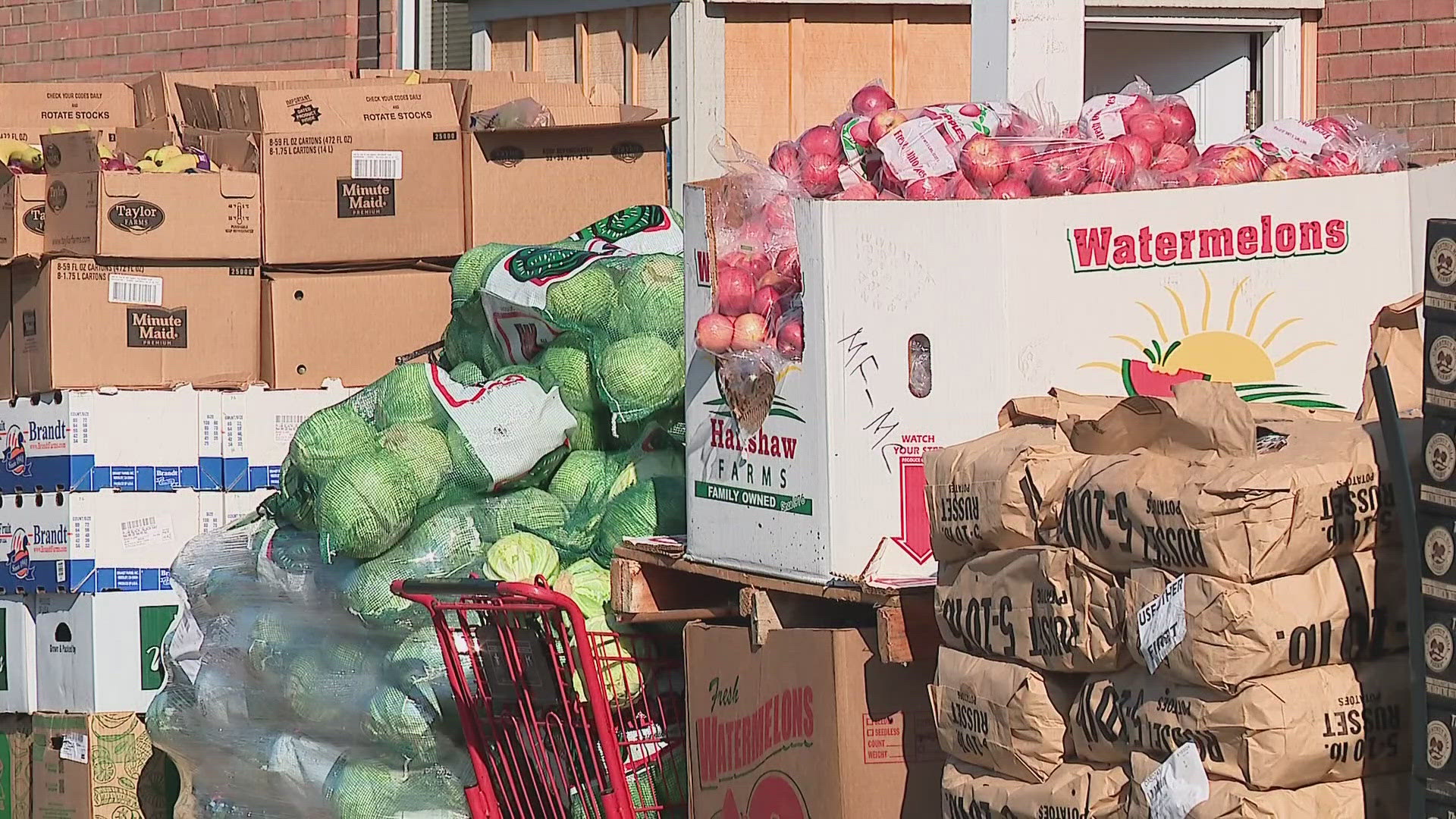COLUMBUS, Ohio — Columbus is a booming town, meaning prices are going up as more people come to the area and demand is high. Everyone is feeling the pinch, from prices at the gas pump to getting food at the grocery store.
Some families are now finding it hard to stretch their dollars, forcing them to prioritize their bills over their health. While a boomtown like Columbus brings population and economic opportunity, it also brings severe food insecurity.
Some families go several days without eating because of the lack of money or access to food. A new survey from the Ohio Association of Foodbanks shows hunger at crisis levels in Ohio and people are forced to choose between food or basic needs.
This story is part of 10TV's "Boomtown" initiative — our commitment to covering every angle of central Ohio's rapid growth. This includes highlighting success stories, shining a light on growing pains and seeking solutions to issues in your everyday life.
RELATED: Welcome to Boomtown: Rapid growth throughout Columbus brings both challenges and opportunities
Mornings at Inprem Holistic Community Resource Center at the Granville Shopping Center on Karl Road are mission-focused. Families come from dozens of counties and hundreds of zip codes in and around booming central Ohio.
“We start service from 10 o’clock. Those families start at 8 o’clock in the morning and line up,” Alex Abrokwa-Clotty said.
Abrokwa-Clotty launched the outreach in 2014 out of his church with a goal of feeding 150 families a month. Inprem is now open all day every Monday through Friday.
“They get most of the things they can live with from this location and the shocking news is we have no funding from anywhere,” he said.
The demand is not just limited to Columbus. All 88 counties in Ohio are served by 12 food banks in partnership with thousands of local food pantries, hot meal centers, shelters and feeding sites.
Joree Novotny is the executive director of the Ohio Association of Foodbanks. She commented on the findings of the study about hunger in the state.
“It keeps me up at night when I hear from families who have adults who are choosing – being forced to choose – regularly to skip meals,” Novotny said.
“What we’ve learned is that three out of four households that we’re serving either includes someone over 60, likely be someone who is no longer able to participate in the workforce, or someone who has a disability or child.”
Mary Vogt comes through Inprem for herself, her husband and her child who has a disability.
“This is a great help,” she said. “They give you enough food to last more than a week.”
Despite development, food deserts still exist in central Ohio. This pantry, like others, is located in one.
“We are not giving them goodie bags. We give them food,” Abrokwa-Clotty said.

